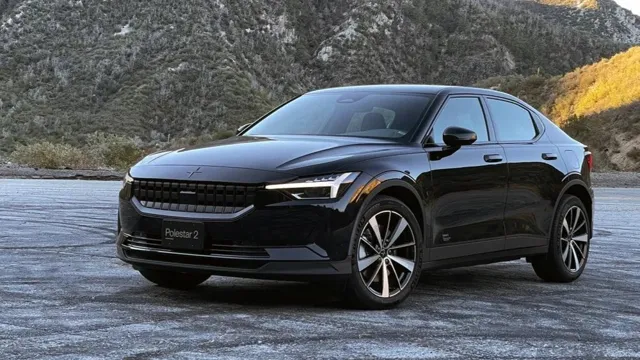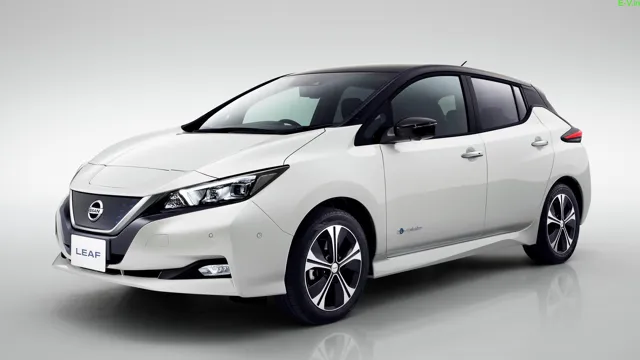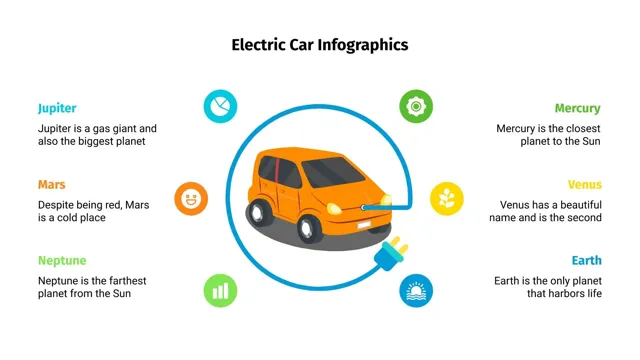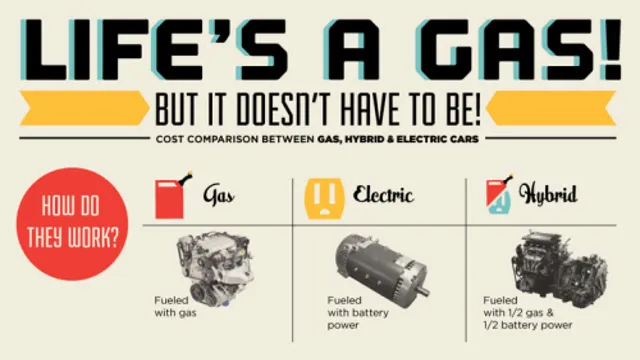Uncovering the Benefits in Kind for Electric Cars: Your Guide to HMRC’s Tax Breaks
Electric cars are becoming increasingly popular amongst eco-conscious drivers. Not only do they offer a more sustainable mode of transport, but they also come with a range of benefits, including lower running costs and reduced emissions. However, for those considering an electric car, navigating the tax landscape can be a daunting prospect.
One key aspect to consider is the Benefit in Kind (BIK) tax that applies to electric vehicles. To help clarify the situation, we’ll take a look at what BIK is, how it applies to electric cars, and what you need to know to ensure you’re compliant with HMRC regulations.
What is Benefit in Kind?
Benefit in Kind (BIK) is a tax on the non-cash benefits that employees receive from their employer. It is calculated based on the value of the benefit received, and sometimes, the employee’s salary. For electric cars, BIK is calculated based on the car’s list price, CO2 emissions, and zero-emission range.
The HMRC calculates the tax on BIK, and it is usually a part of the employee’s payroll taxes. Electric cars have become more popular in recent years, and many employers have started to offer them as a part of their employee benefits package. BIK for electric cars is usually lower than for traditional petrol and diesel cars because they have zero CO2 emissions.
This makes electric cars a more cost-effective option for employees, as they would pay less tax on the BIK compared to traditional cars. Ultimately, BIK is just another way that the government generates revenue, and electric cars are incentivized in terms of their BIK.
Explanation of Benefit in Kind for Cars
As an employee, you may receive various benefits from your employer, one of which is a company car. However, it’s important to understand that the use of a company vehicle is considered a Benefit in Kind (BIK). This means that, in addition to your salary, you will need to pay tax on the value of the car.
The amount of tax you’ll need to pay depends on a few factors, including the type of car, its value, and your personal tax bracket. Essentially, the more expensive the car, the higher your BIK tax will be. It’s worth noting that BIK tax is calculated based on the list price of the car, so any additional options or upgrades will also increase your tax liability.
While having a company car may seem like a great perk, it’s important to consider the additional tax implications and factor this into your overall compensation package.
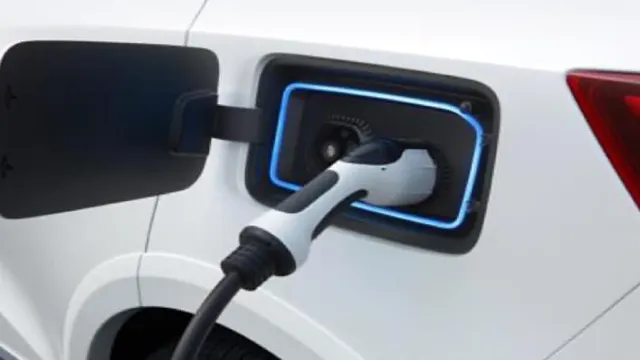
How is Benefit in Kind Calculated?
Benefit in Kind (BIK) refers to any non-cash perks or benefits that employees receive from their employers. This could be anything from company cars to private healthcare, gym memberships, or even childcare subsidies. BIKs are taxable and are included in an employee’s overall income, which means that they are subject to income tax and national insurance contributions.
The amount of BIK an employee receives is calculated based on a specific formula set by HMRC, which considers the value of the perk, how often it is used, and the employee’s income tax bracket. It’s important for both employers and employees to understand how BIK is calculated to ensure that they are not paying too much in taxes or receiving benefits that they are not entitled to. So, if you’re an employee who enjoys any non-cash perks from your employer, it’s worth checking to see how much you’re paying in taxes on these benefits.
Electric Cars and Benefit in Kind
If you’re considering purchasing an electric car, you may be wondering about the benefit in kind implications. HMRC offers certain incentives for companies and employees who opt for electric vehicles, making them an attractive option for those looking to reduce their carbon footprint and save on taxes. Currently, electric cars are exempt from paying any benefit in kind tax for the 2021-2022 tax year.
However, this exemption will be reduced to 1% in the 2021-2022 tax year, before being fully implemented in 2022-202 This is a significant saving compared to traditional diesel or petrol vehicles, which are subject to higher benefit in kind rates. Additionally, electric cars are also exempt from paying vehicle excise duty and may be eligible for a government grant to help offset the cost of purchase.
Overall, choosing an electric car can be a financially and environmentally responsible choice for both individuals and businesses.
Electric Cars and Lower Benefit in Kind Rates
One of the biggest advantages of owning an electric car is the lower Benefit in Kind rates. For those who are not aware, Benefit in Kind (BIK) is the tax that is paid on company cars. The BIK rates for electric cars are significantly lower than those of petrol or diesel cars, which makes electric vehicles more appealing to companies who offer company cars to their employees.
This means that employees who choose to drive electric cars will pay less tax than those who drive traditional cars. In fact, the BIK rate for electric cars is set to decrease even further in the coming years, making them an even more attractive option for those who are looking to decrease their tax bills. So not only are electric cars better for the environment, but they are also more cost-effective for businesses and their employees.
Win-win!
Tax Savings with Electric Cars
Tax Savings with Electric Cars Are you considering buying an electric car? Well, not only do electric vehicles provide environmental benefits, they can also offer a significant advantage when it comes to tax savings. One of the most notable benefits is the reduction in Benefit in Kind (BIK) taxation for company car drivers. BIK is the tax you pay on the value of the benefits you receive on top of your salary and is calculated depending on the car’s list price and CO2 emissions.
However, with the current government incentives to promote the adoption of electric vehicles, BIK rates for electric cars are considerably lower than those of their petrol/diesel counterparts. This means that you can save a considerable amount on your tax bill if you opt for an electric car. As an added bonus, if you also have a charging point installed at your home, you can claim back up to £350 from the government towards the cost.
So not only are you doing your bit for the environment, but owning an electric car can also benefit your wallet in the long run.
Example of Benefit in Kind Calculation for Electric Cars
When it comes to benefit in kind (BIK) calculations for electric cars, employers must consider a few factors. Firstly, the list price of the vehicle must be taken into account along with any optional extras. From there, the vehicle’s CO2 emissions and range need to be considered, as these can impact the taxable value.
For electric cars with CO2 emissions of 0g/km, the taxable value is 1% of the list price for the 2021-22 financial year, rising to 2% in the following year. This means that an electric car with a list price of £30,000 would incur a taxable value of just £300 for the 2021-22 financial year. Compared to a non-electric car with higher emissions, the BIK tax savings can be significant.
However, it’s important to note that BIK rates can vary based on factors such as salary and personal tax allowances. Additionally, employers must also consider any charging costs covered by the company, as these may result in additional taxable benefits. Despite this, electric cars remain an attractive option for both employers and employees due to the significant cost savings they offer in terms of fuel and maintenance.
By weighing up all the factors and working with a knowledgeable tax advisor, employers can calculate the most financially beneficial way to introduce electric cars into their fleet.
Other Tax Benefits of Electric Cars
If you are considering going electric with your next car purchase, there are many tax benefits to be aware of. For example, the benefit in kind for electric cars HMRC offers is significantly lower than for traditional fuel-powered vehicles. This means that you will pay less in taxes if you opt for an electric car, as the amount you are taxed is based on the car’s emissions.
Additionally, electric cars are exempt from various taxes that are typically applied to cars, such as vehicle excise duty and congestion charges. This represents a significant saving over the life of the car and can help to offset the higher purchase price of electric vehicles. Other tax benefits of electric cars include grants for installing charging equipment at home and tax credits for businesses that purchase electric vehicles for their fleets.
Ultimately, choosing an electric car can provide significant financial benefits in addition to being good for the environment.
Capital Allowances for Electric Cars
Electric cars have numerous tax benefits that make them an excellent choice for environmentally conscious individuals. Apart from the reduced cost of fuel, electric vehicles also qualify for capital allowances, which is a kind of tax relief that enables businesses to deduct capital expenditure against their taxable profits. Additionally, electric vehicles are exempt from Vehicle Excise Duty, which is an annual tax paid by motorists for the use of their vehicles on public roads.
Other tax benefits of driving electric cars include Lower Benefit-in-Kind (BIK) rates for company cars, which translates to lower personal tax rates for employees driving electric company cars. With the increase in the number of electric vehicles on the roads, the government is actively encouraging individuals and companies to make the switch, and there has never been a better time to explore the financial incentives of driving an electric car. By choosing to go electric, not only will you be able to access these excellent tax benefits, but you will also be playing your part in reducing greenhouse gas emissions and protecting the environment.
Tax-free Mileage Allowance for Electric Cars
Electric cars come with various tax benefits, including tax-free mileage allowances. This means that if you’re using your electric car for work or business purposes, you won’t have to pay tax on the mileage allowance you receive from your employer or clients. This benefit applies to both company car users and those who use their personal electric cars for business travel.
In addition to this, electric cars are exempt from the congestion charge in some cities, and there are also grants available for those who purchase them. Investing in an electric car not only benefits the environment, but it also comes with significant financial advantages. So, if you’re looking for a more tax-efficient and environmentally friendly way to travel, an electric car could be the perfect choice for you.
Conclusion
In conclusion, the Benefit-in-Kind (BIK) scheme for electric cars introduced by HMRC is a game-changer. It provides a win-win solution for both employees and employers, with reduced tax liabilities and the added bonus of contributing towards a cleaner environment. Not only do electric cars offer a more sustainable means of transportation, but they also come with a range of tax incentives.
So if you’re looking to save money and reduce your carbon footprint, investing in an electric car might just be the smartest decision you make. Drive green, save green, and help the planet in the process – what’s not to love?”
FAQs
What is a benefit in kind (BIK) for electric cars according to HMRC?
A benefit in kind (BIK) is any non-cash benefit an employee receives in addition to their salary, and HMRC considers electric cars to be a BIK.
Do employers need to pay National Insurance on the BIK value for electric cars?
Yes, employers are required to pay National Insurance contributions on the BIK value for electric cars.
How is the BIK value calculated for electric cars?
The BIK value is calculated based on the car’s list price, its CO2 emissions, and the employee’s personal tax rate. For electric cars with zero emissions, the BIK rate is currently 0%.
Can employers claim tax relief on the purchase of electric cars for their employees?
Yes, employers can claim tax relief on the purchase of electric cars for their employees as a capital allowance. They can also claim the full cost of installing charging points at the workplace.

